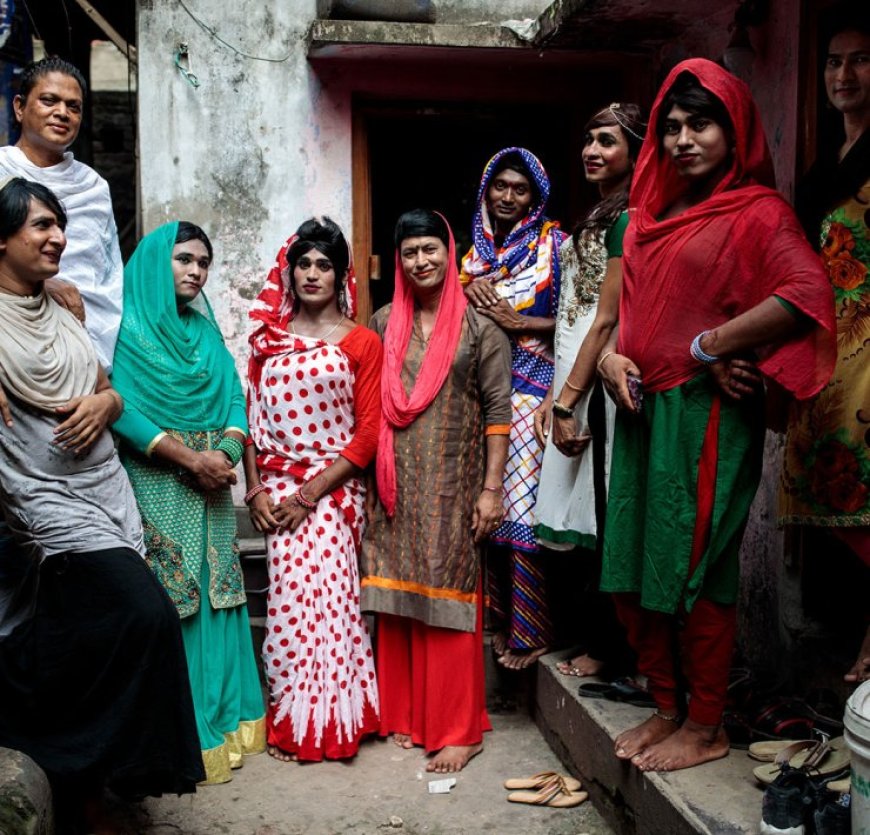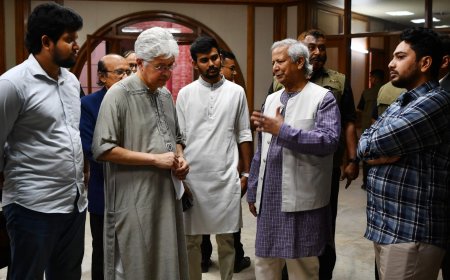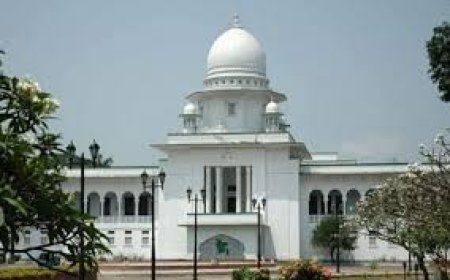LGBTQ Individuals in Danger: Could Bangladesh Become a Safe Haven for Islamist Militancy?
LGBTQ Individuals in Danger: Could Bangladesh Become a Safe Haven for Islamist Militancy?

Concerns Rise Over Bangladesh’s Future as a Haven for Islamist Militancy and Risks for LGBTQ Community
Human rights activists in Bangladesh worry that the nation’s transitional government could pave the way for a resurgence of Islamist extremism, recalling a time when secular and LGBTQ activists faced violence and assassination threats from radical Islamic factions. Among those lost were pro-secular blogger Rajib Haider in 2013 and LGBTQ rights advocates Xulhaz Mannan and Mahbub Tonoy in 2016. Notably, cleric Jasimuddin Rahmani, an extremist leader linked to these incidents, was released on bail this past August, sparking new anxieties.
Rahmani's Release Fuels Fears of Islamist Resurgence
Radical Islamist leader Jasimuddin Rahmani, influential in inciting violence against secular voices, had been imprisoned since 2015 on terrorism-related charges. Rahmani, leader of the banned Ansarullah Bangla Team, was convicted for inciting the murder of secular activists. His release on August 26, 2024, has raised concerns about extremist influence in the transitional government, now led by Nobel laureate Muhammad Yunus.
The Interim Government's Alleged Connection to Radical Factions
Reports indicate that figures associated with the transitional government, including some with connections to radical groups, may have influenced Rahmani's release. Activist Shahanur Islam, a Bangladeshi human rights attorney now based in France for his safety, warns that these ties could signal a weakening stance on radicalism in the current administration.
Radical Groups Resurface Amid Changing Political Climate
Rahmani’s release has emboldened Islamist groups such as Hizb ut-Tahrir, who recently staged protests at Dhaka University, calling for an Islamic state. Additionally, the August 2024 reinstatement of Bangladesh Jamaat-e-Islami, banned since 1971 for links to war crimes, adds a layer of unease for those concerned about rising radical influence.
Future of Bangladesh's Secularism at Stake
The transitional government’s perceived leniency toward Islamist factions threatens to erode Bangladesh’s secular foundations, posing risks not only for the LGBTQ community but for the nation’s commitment to secularism and stability. Activists and the international community warn that without firm resistance, Bangladesh risks becoming a sanctuary for Islamic militancy, with serious implications for regional and global security.
Conclusion: A Nation at Crossroads
As Bangladesh navigates this complex phase, there is an urgent need for vigilance to counter the influence of radical groups and protect the country’s secular values. The current trajectory has sparked calls for action from within Bangladesh and from international observers, emphasizing the importance of preserving the nation’s secular identity and safeguarding its vulnerable communities.
What's Your Reaction?





















































































